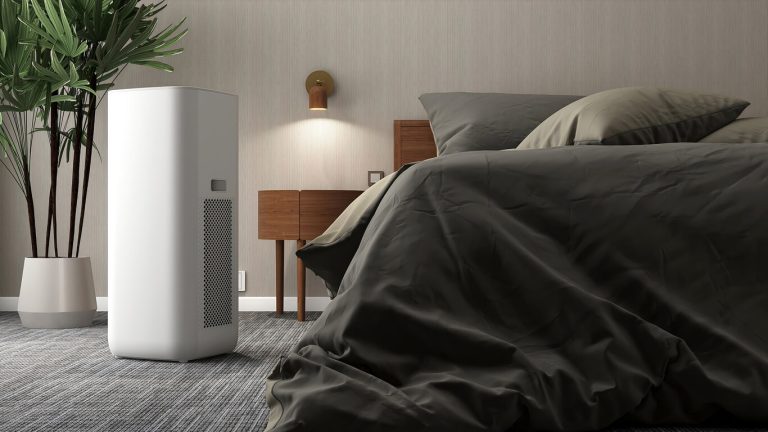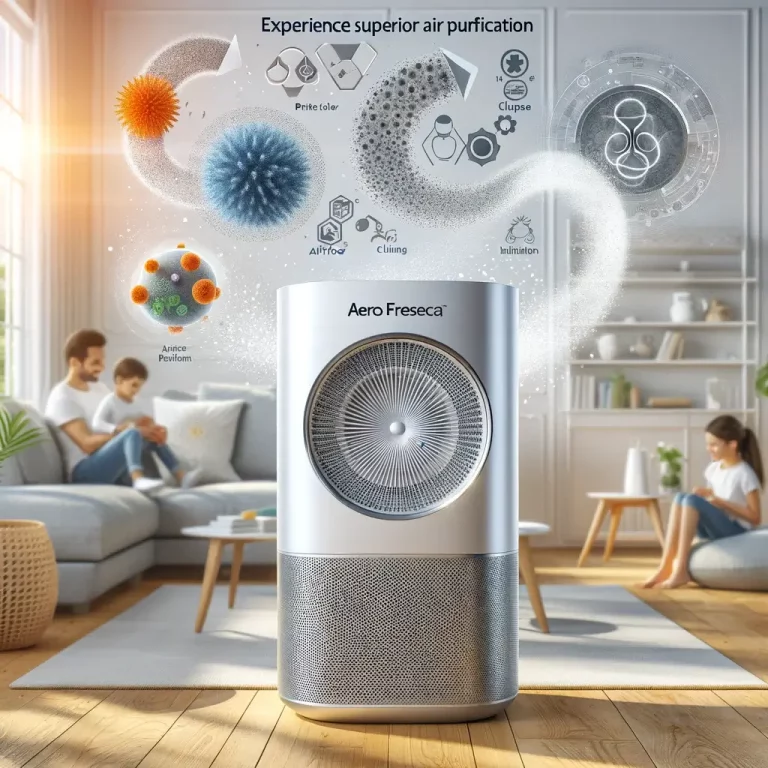How Industrial Smoke Filtration Systems are Revolutionizing Clean Air Solutions
Benefits of Industrial Smoke Filtration Systems
Industrial smoke filtration systems play a crucial role in maintaining air quality and ensuring the health and safety of workers.
Industries produce various pollutants, and efficient filtration systems are essential to manage these emissions and comply with environmental regulations. This article delves into the key benefits and considerations of industrial smoke filtration systems.
In this article, you will learn:
- The importance of industrial smoke filtration for environmental and worker health.
- Different types of filtration systems and their specific applications.
- Key factors to consider when selecting a filtration system for your industry.
Understanding these aspects will help you make informed decisions about implementing effective smoke filtration solutions.
Importance of Industrial Smoke Filtration
Industrial smoke and fumes can contain harmful pollutants, including particulate matter, volatile organic compounds (VOCs), and hazardous gases. These emissions pose significant risks to both the environment and human health. Effective smoke filtration systems are designed to capture and neutralize these pollutants, preventing them from being released into the atmosphere.
Types of Industrial Smoke Filtration Systems
There are several types of industrial smoke filtration systems, each suited to specific applications and industries. Understanding the differences can help you choose the right system for your needs.
- Electrostatic Precipitators (ESPs): These systems use an electric charge to remove particles from the exhaust gas stream. They are highly efficient in capturing fine particulate matter and are commonly used in industries like cement, steel, and power generation.
- Baghouse Filters: Also known as fabric filters, these systems use filter bags to trap dust and other particles. They are versatile and effective for capturing large volumes of particulate matter, making them ideal for industries such as woodworking, mining, and pharmaceuticals.
- Wet Scrubbers: These systems use liquid to remove pollutants from the gas stream. They are effective for capturing gases, vapors, and fine particulates. Wet scrubbers are commonly used in chemical manufacturing, metal processing, and waste incineration.
- Cyclone Separators: Cyclone separators use centrifugal force to remove large particles from the gas stream. They are typically used as pre-cleaners to reduce the load on more efficient filtration systems. Industries like agriculture and food processing often use cyclone separators.
- Activated Carbon Filters: These systems use activated carbon to adsorb VOCs and other gases. They are particularly effective for removing odors and hazardous gases, making them suitable for industries such as painting, printing, and chemical processing.
Key Factors to Consider When Selecting a Filtration System
Choosing the right industrial smoke filtration system involves several critical factors:
- Type of Pollutants: Identify the specific pollutants your industry produces. Different systems are designed to handle particular types of pollutants more effectively.
- Efficiency Requirements: Consider the efficiency level required to meet regulatory standards and protect worker health. Higher efficiency systems may come with higher initial costs but provide better long-term benefits.
- Maintenance and Operating Costs: Evaluate the maintenance needs and operating costs of the filtration system. Systems with lower maintenance requirements can reduce downtime and operational expenses.
- Space and Installation: Assess the available space for installing the filtration system. Some systems may require significant space or specific installation conditions.
- Environmental Regulations: Ensure the chosen system complies with local and international environmental regulations. Non-compliance can result in hefty fines and legal issues.
Conclusion
Industrial smoke filtration systems are vital for protecting the environment and ensuring worker safety. Understanding the importance of these systems, the different types available, and the key factors to consider can help industries implement effective filtration solutions.
In this article, you have learned:
- The critical role of industrial smoke filtration for environmental and worker health.
- Various filtration systems and their applications in different industries.
- Essential factors to consider when choosing a filtration system.
As a next step, you might be interested in exploring advanced filtration technologies and their potential benefits for specific industrial applications. This can provide deeper insights into optimizing your filtration strategy for improved efficiency and compliance.
Frequently Asked Questions
What is an industrial smoke filtration system?
An industrial smoke filtration system is a technology used to remove harmful pollutants and particles from industrial emissions.
How does an industrial smoke filtration system work?
These systems use various methods such as electrostatic precipitation, bag filtration, and scrubbers to capture and remove pollutants from the air.
What are the benefits of using an industrial smoke filtration system?
Using these systems can significantly reduce air pollution, improve air quality, and help companies comply with environmental regulations.
Are industrial smoke filtration systems cost-effective?
While there is an initial investment in installing these systems, the long-term benefits in terms of improved air quality and environmental protection outweigh the costs.
How do industrial smoke filtration systems contribute to sustainability?
By reducing emissions and pollutants, these systems help industries operate in a more environmentally friendly manner, supporting sustainability efforts.
Are industrial smoke filtration systems suitable for all types of industries?
Yes, these systems can be customized to meet the specific needs of different industries, from manufacturing to power generation.
What are some key features to look for in an industrial smoke filtration system?
Look for systems that are energy-efficient, have high filtration efficiency, and are easy to maintain for optimal performance.
Are You Happy Knowing That Every Other System Only Captures 10% Of Airborne Particles?
Breathe Clean, Live Better! Upgrade to our Advanced Air Purifying System today and eliminate 100% of ultrafine particles down to 1 nanometer in one pass. Don’t compromise on your family’s and employee’s health. Act now and transform your indoor air quality!







